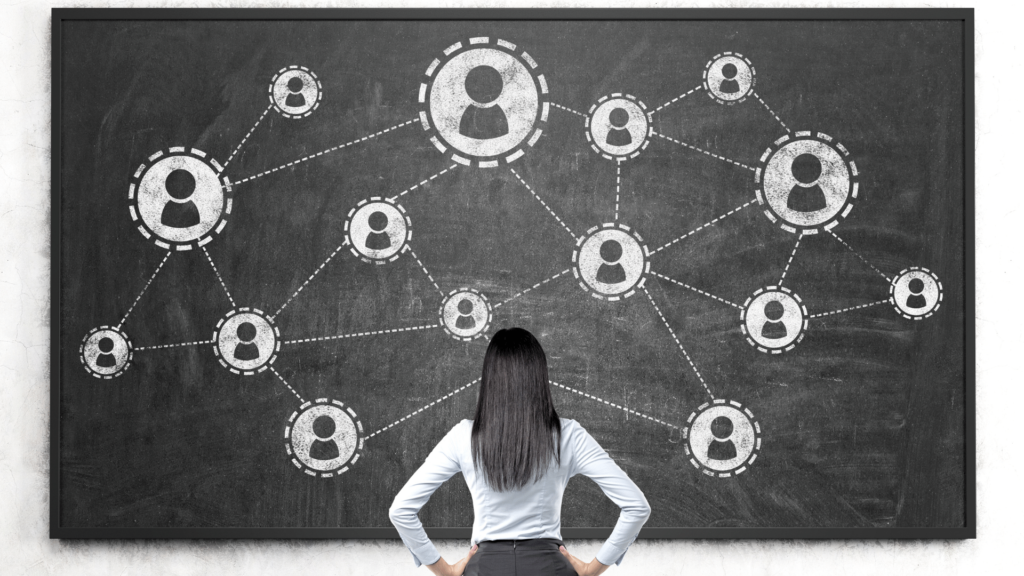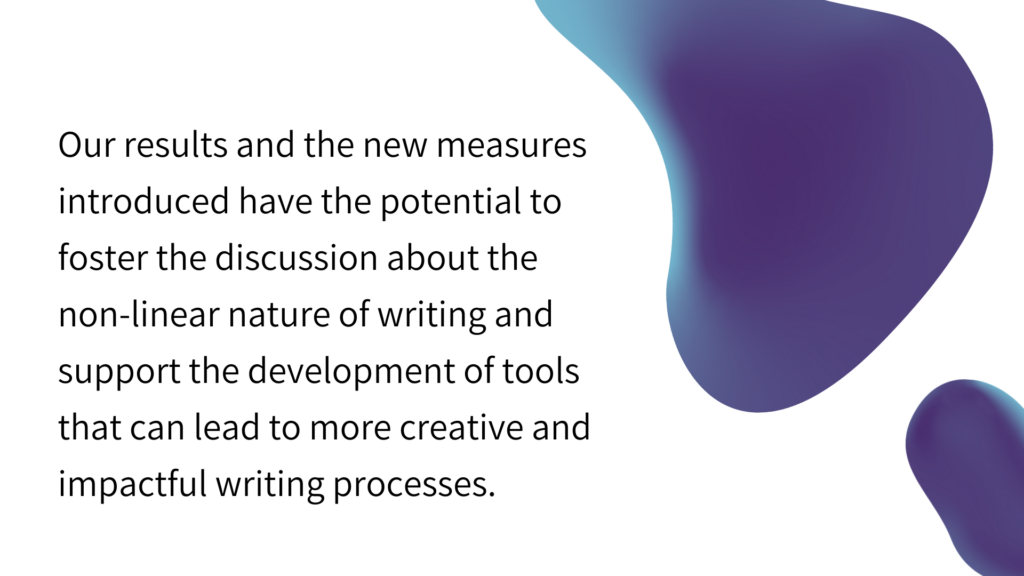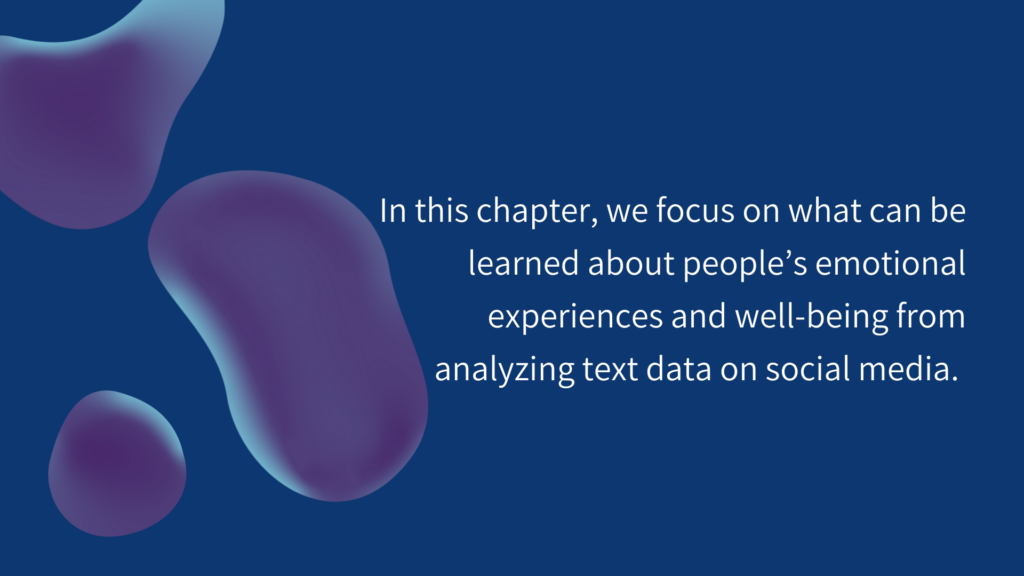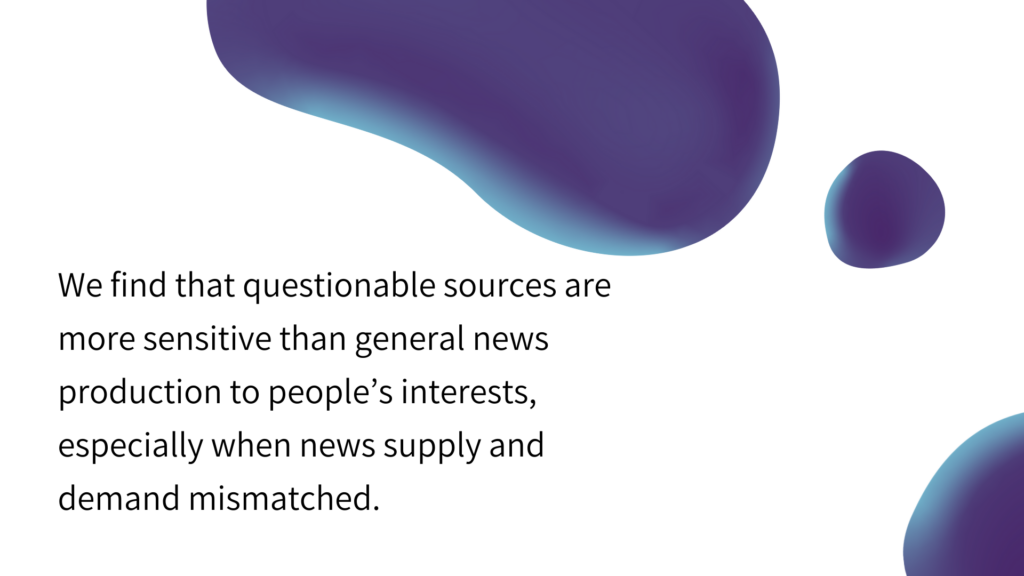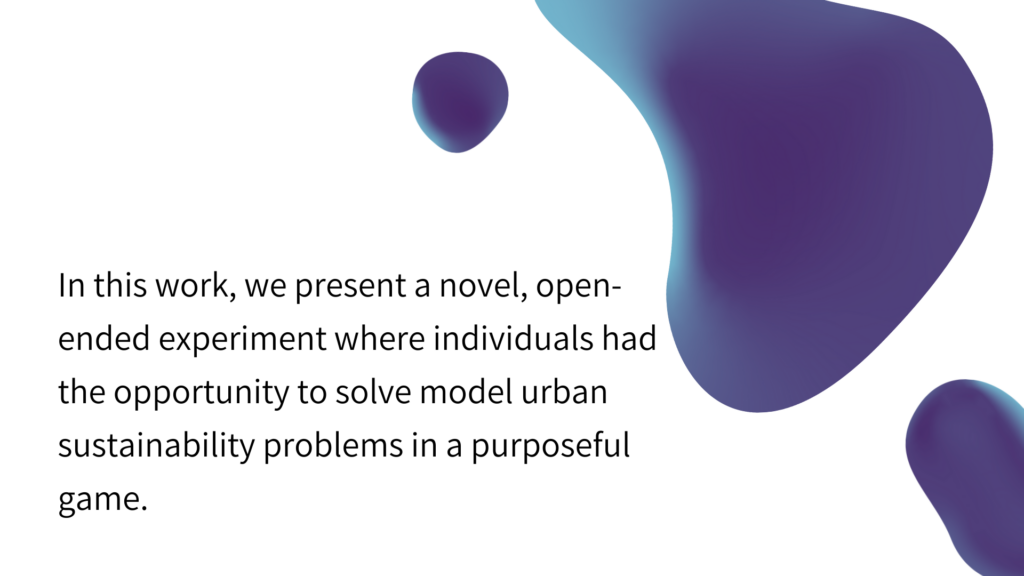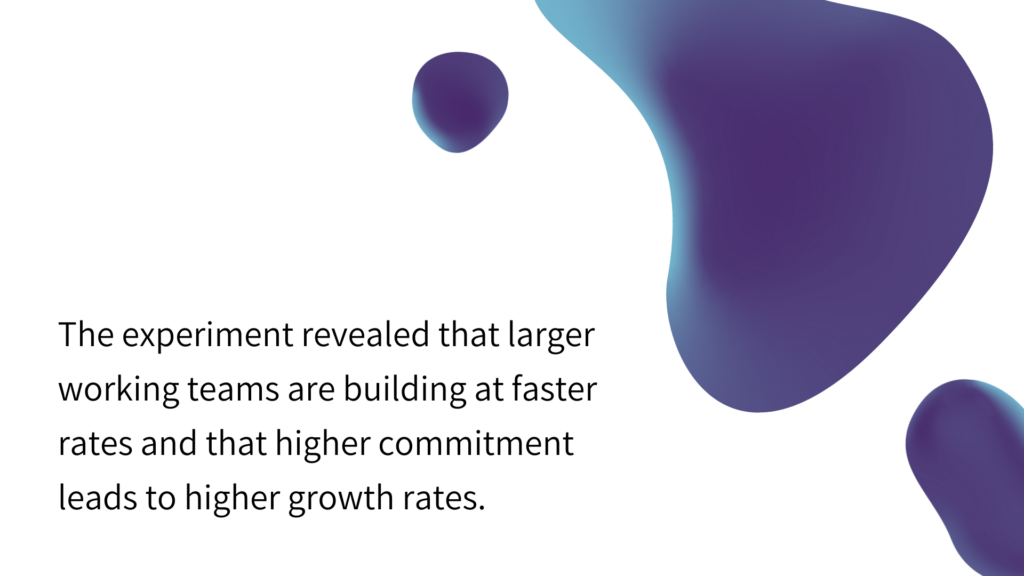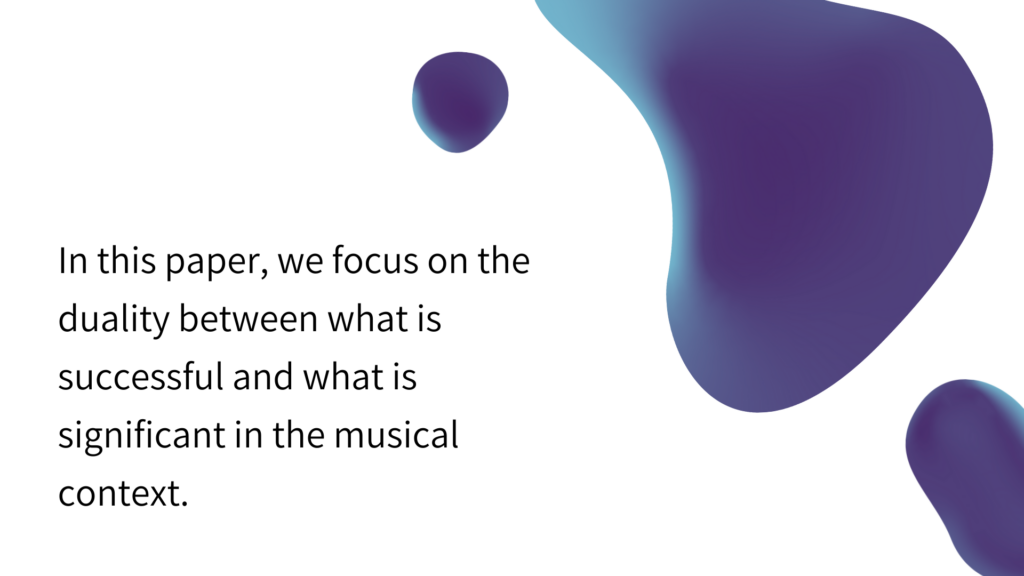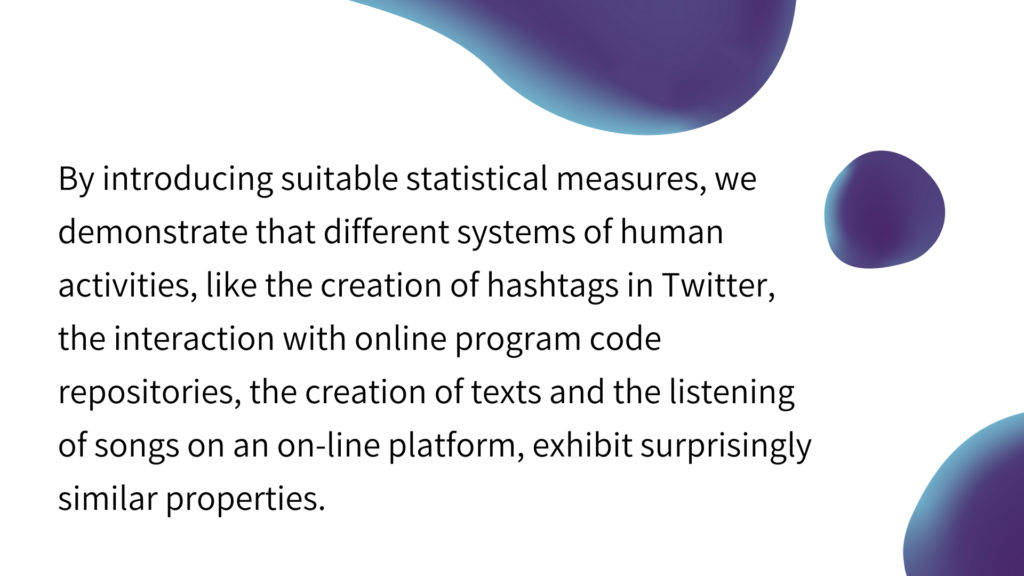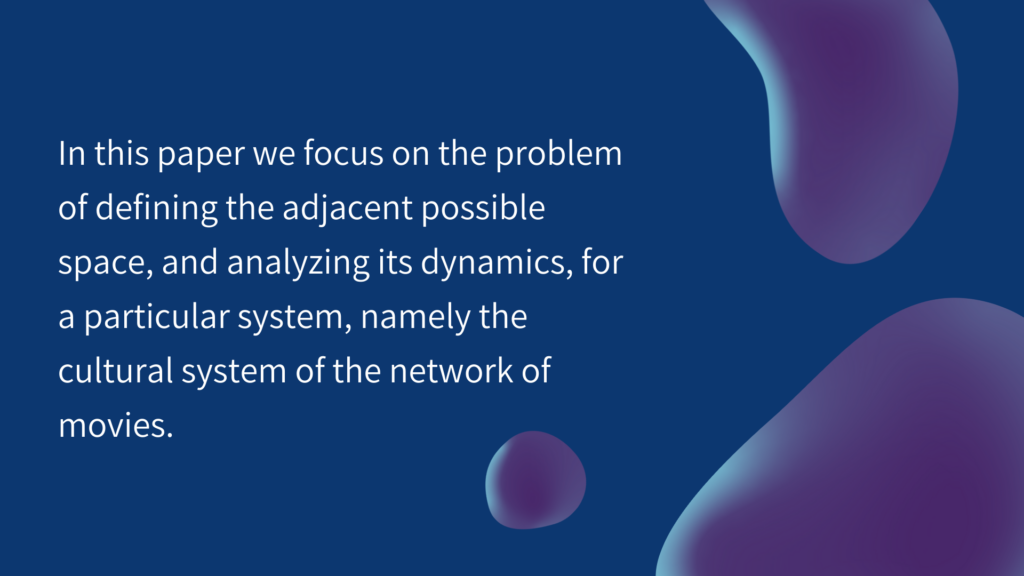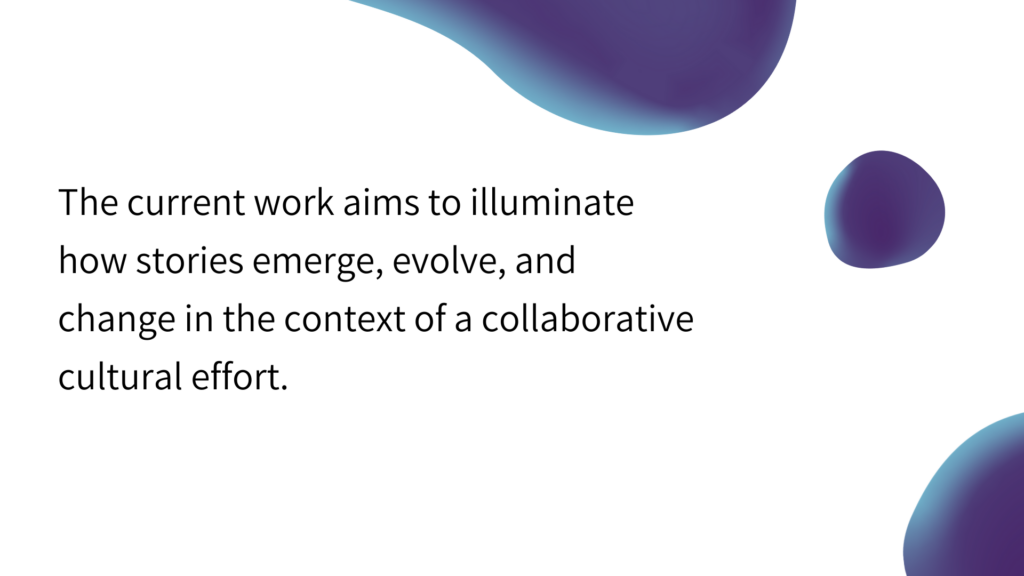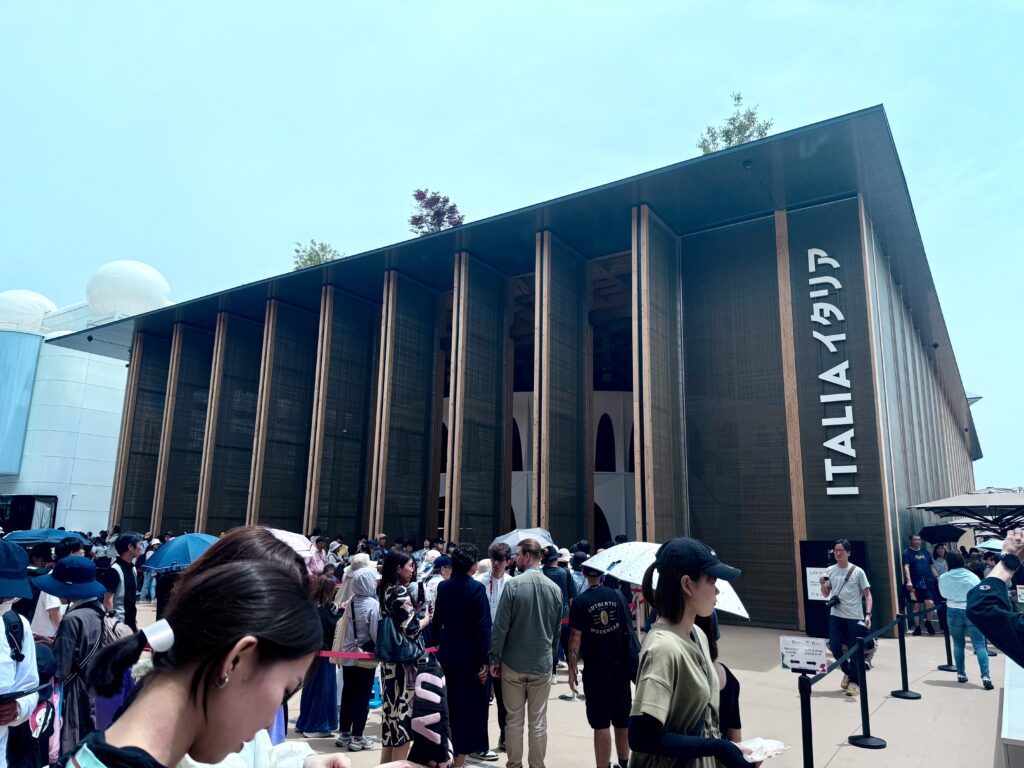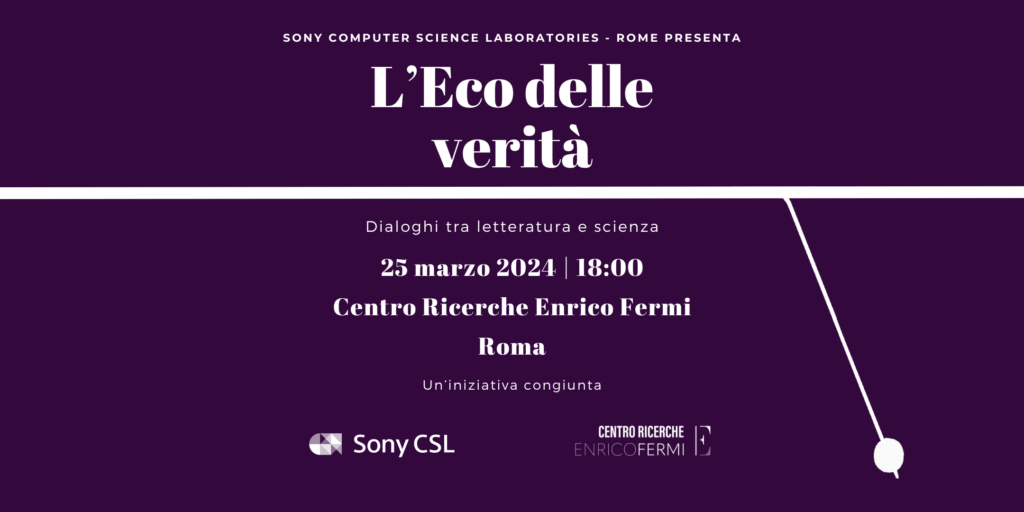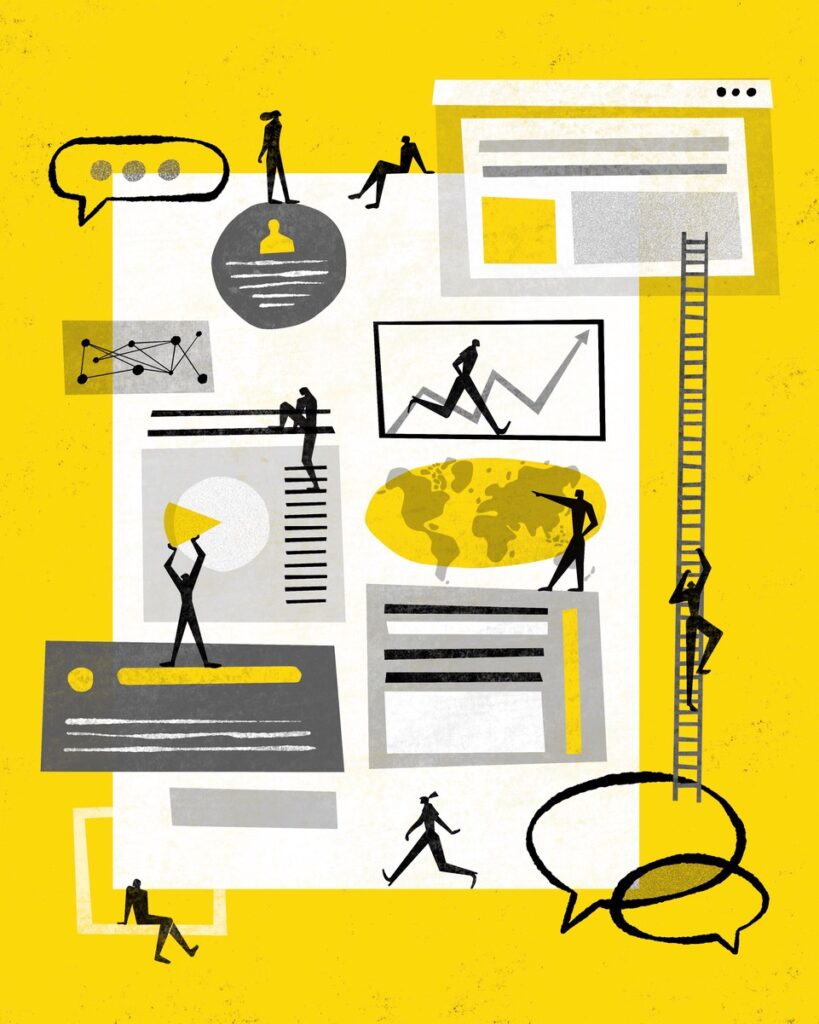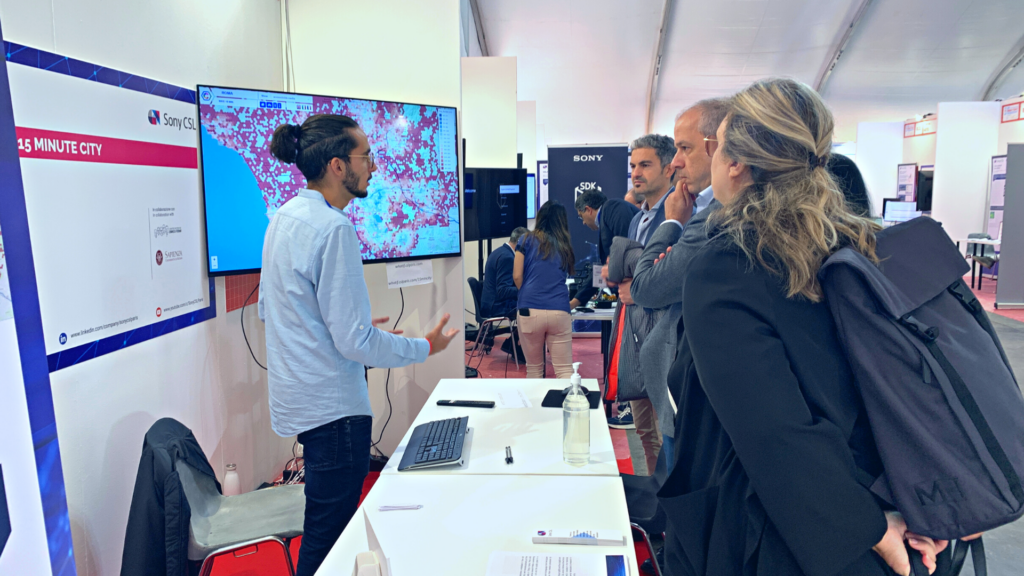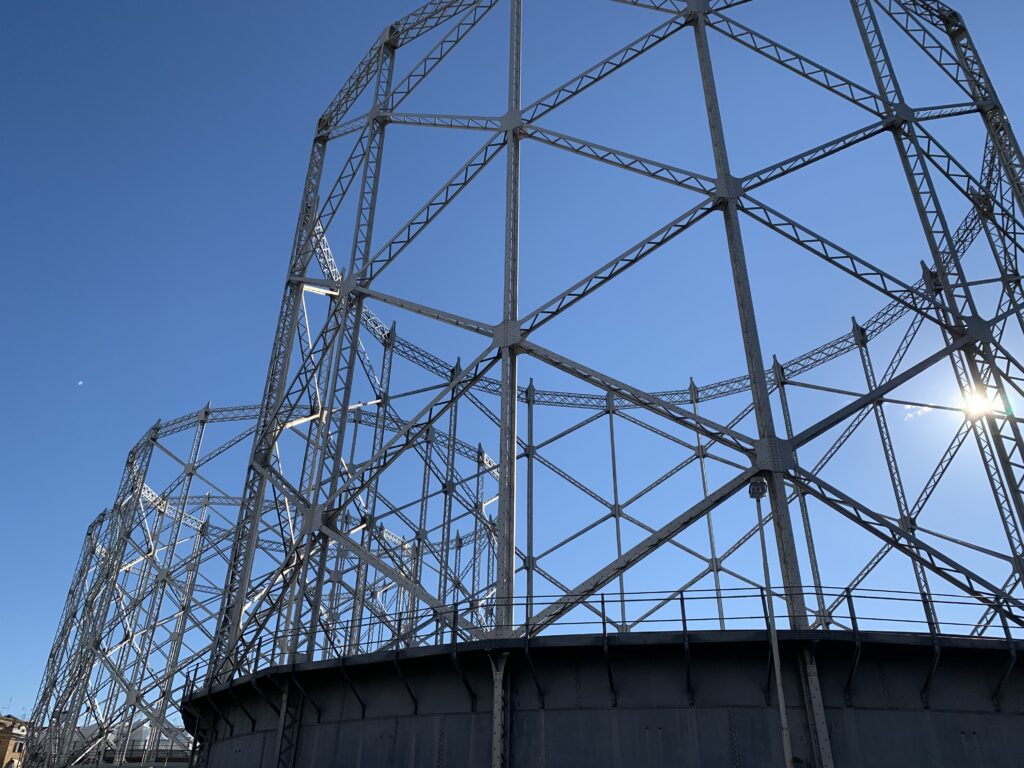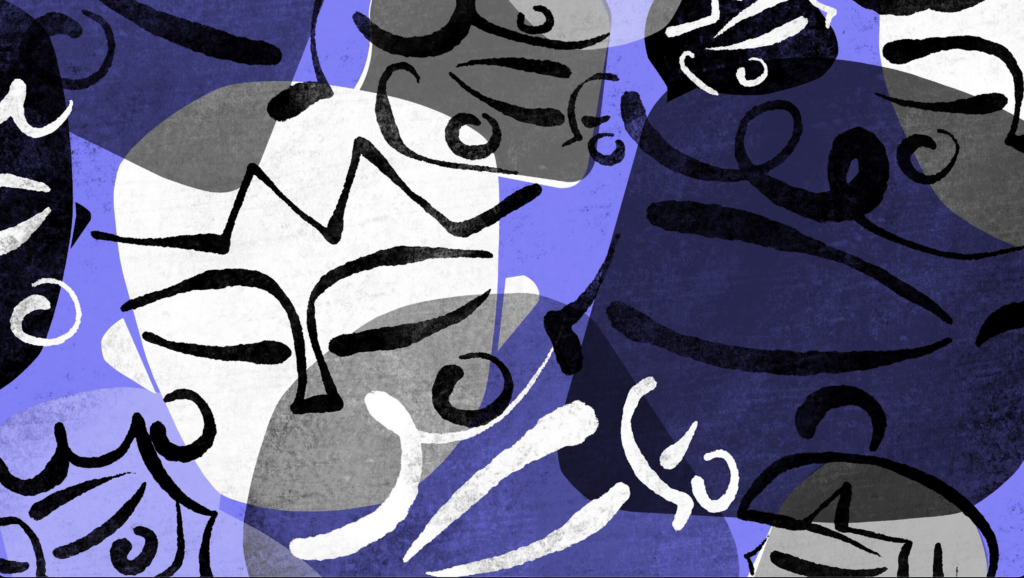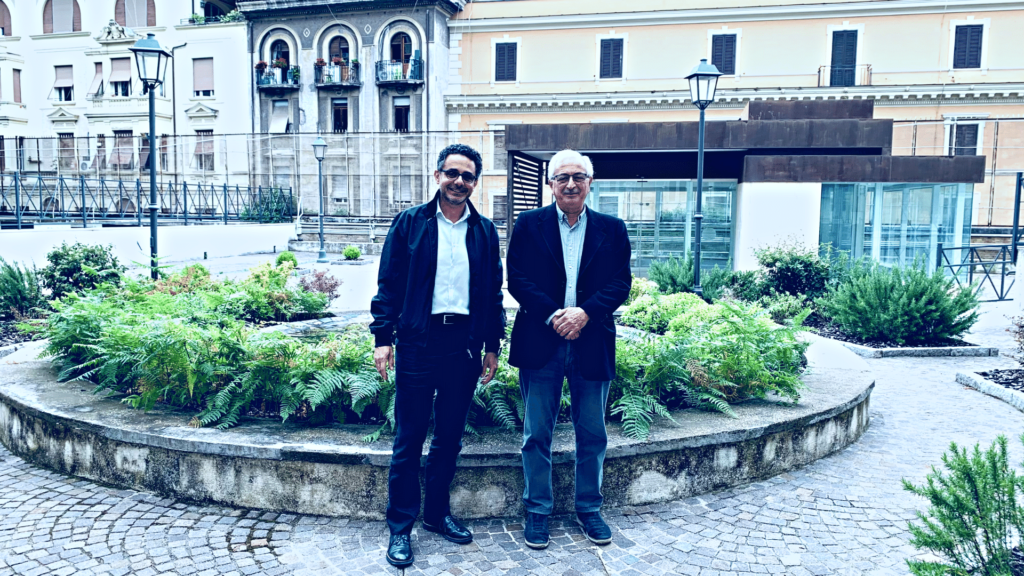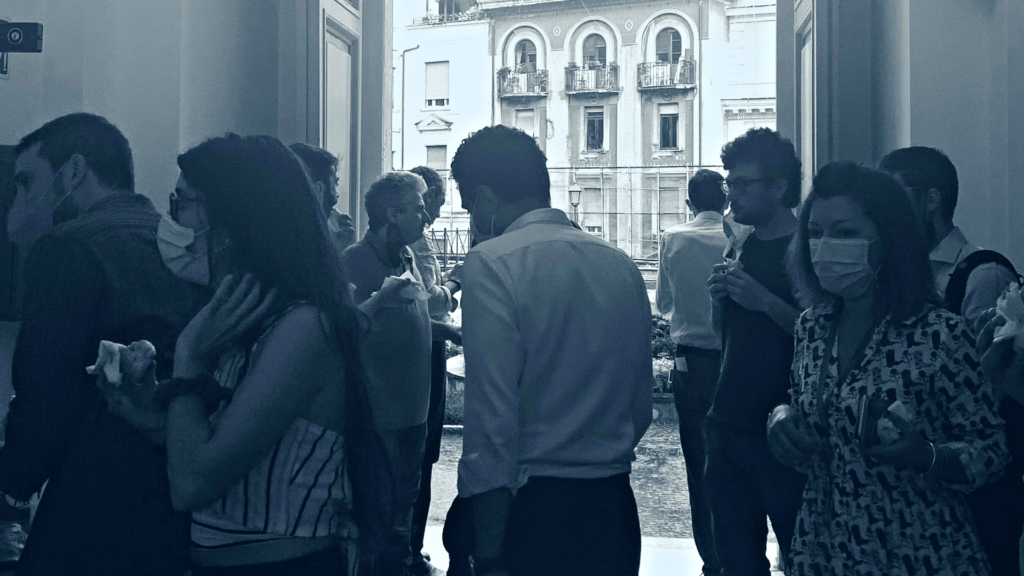
Infosphere
Understanding and healing the information dynamics of society is intrinsically important and it is essential in democracies. As a collective decision-making process, democracy is efficient if the population can access quality information and join a constructive social dialogue. On the other hand, democracy has a narrow margin of action on information and interconnection dynamics, since the freedom of thought, expression and association are founding and defining the value of democracy itself. So we need to find a way to deal with these problems without giving up our freedoms.
The Infosphere research line at Sony Computer Science Labs is tackling the challenge of redesigning Information Technologies to make information more accessible and social dialogue more transparent, understandable, and healthy. The challenge has a high degree of complexity, therefore it needs to be tackled from several, interacting sides. We are currently working on many initiatives at different stages of development:
Recommender Systems, our door with the wide Internet, have been optimized to stay as close as possible to users’ preferences; within our team we are building a new generation of algorithms capable of showing us new paths, without pushing us into unpleasant or incomprehensible experiences.
Reputation Systems in a polarised world need to take divisions into account. Often, divisive material gets more attention on social media. The new systems we are developing aim to balance this, by recognizing shared value and improving the transparency of the content producers.
Sterile Disagreement is a major threat to social cohesion and debate; we look at the population level structure of trust in news and identify the most divisive items, i.e. those that fragment the population into groups more clearly, and assess the effectiveness of different interventions on polarization, content diversity and accessibility.
The visualisation of Social Dialogue is crucial to raise awareness about existing different points of view. Our purpose is to build a system capable of visualising the synthesis of the diverse narratives associated with a given topic, by mapping the space of information with linguistic and statistical properties of news items.
The Assessment of the Information Market is another crucial element. We are analysing the link between unmet news demand and disinformation production in the virtual world and building tools to detect the unbalance in the supply-demand of information on trending topics.
Our team is based in Rome and in Paris and we cooperate with journalists, editors, national authorities, and institutions. Our final aim is to improve our societies’ information dynamics through new IT tools built around human information processing, both at the individual and the collective level, and to contrast real and present dangers to our democracies.

Infosphere
Understanding and healing the information dynamics of society is intrinsically important and it is essential in democracies. As a collective decision-making process, democracy is efficient if the population can access quality information and join a constructive social dialogue. On the other hand, democracy has a narrow margin of action on information and interconnection dynamics, since the freedom of thought, expression and association are founding and defining the value of democracy itself. So we need to find a way to deal with these problems without giving up our freedoms.
The Infosphere research line at Sony Computer Science Labs is tackling the challenge of redesigning Information Technologies to make information more accessible and social dialogue more transparent, understandable, and healthy. The challenge has a high degree of complexity, therefore it needs to be tackled from several, interacting sides. We are currently working on many initiatives at different stages of development:
Recommender Systems, our door with the wide Internet, have been optimized to stay as close as possible to users’ preferences; within our team we are building a new generation of algorithms capable of showing us new paths, without pushing us into unpleasant or incomprehensible experiences.
Reputation Systems in a polarised world need to take divisions into account. Often, divisive material gets more attention on social media. The new systems we are developing aim to balance this, by recognizing shared value and improving the transparency of the content producers.
Sterile Disagreement is a major threat to social cohesion and debate; we look at the population level structure of trust in news and identify the most divisive items, i.e. those that fragment the population into groups more clearly, and assess the effectiveness of different interventions on polarization, content diversity and accessibility.
The visualisation of Social Dialogue is crucial to raise awareness about existing different points of view. Our purpose is to build a system capable of visualising the synthesis of the diverse narratives associated with a given topic, by mapping the space of information with linguistic and statistical properties of news items.
The Assessment of the Information Market is another crucial element. We are analysing the link between unmet news demand and disinformation production in the virtual world and building tools to detect the unbalance in the supply-demand of information on trending topics.
Our team is based in Rome and in Paris and we cooperate with journalists, editors, national authorities, and institutions. Our final aim is to improve our societies’ information dynamics through new IT tools built around human information processing, both at the individual and the collective level, and to contrast real and present dangers to our democracies.
- Infosphere
- fake news
- /media
- /news
- /polarisation
- Infosphere
- news
- /recommender systems
- /social media
- Infosphere
- content creation
- /media
- /news
- /reputation systems
- Infosphere
- narratives
- /social dialogue
- /social media
- Infosphere
- fake news
- /media
- /news
- /polarisation
- Infosphere
- news
- /recommender systems
- /social media
- Infosphere
- content creation
- /media
- /news
- /reputation systems
- Infosphere
- narratives
- /social dialogue
- /social media
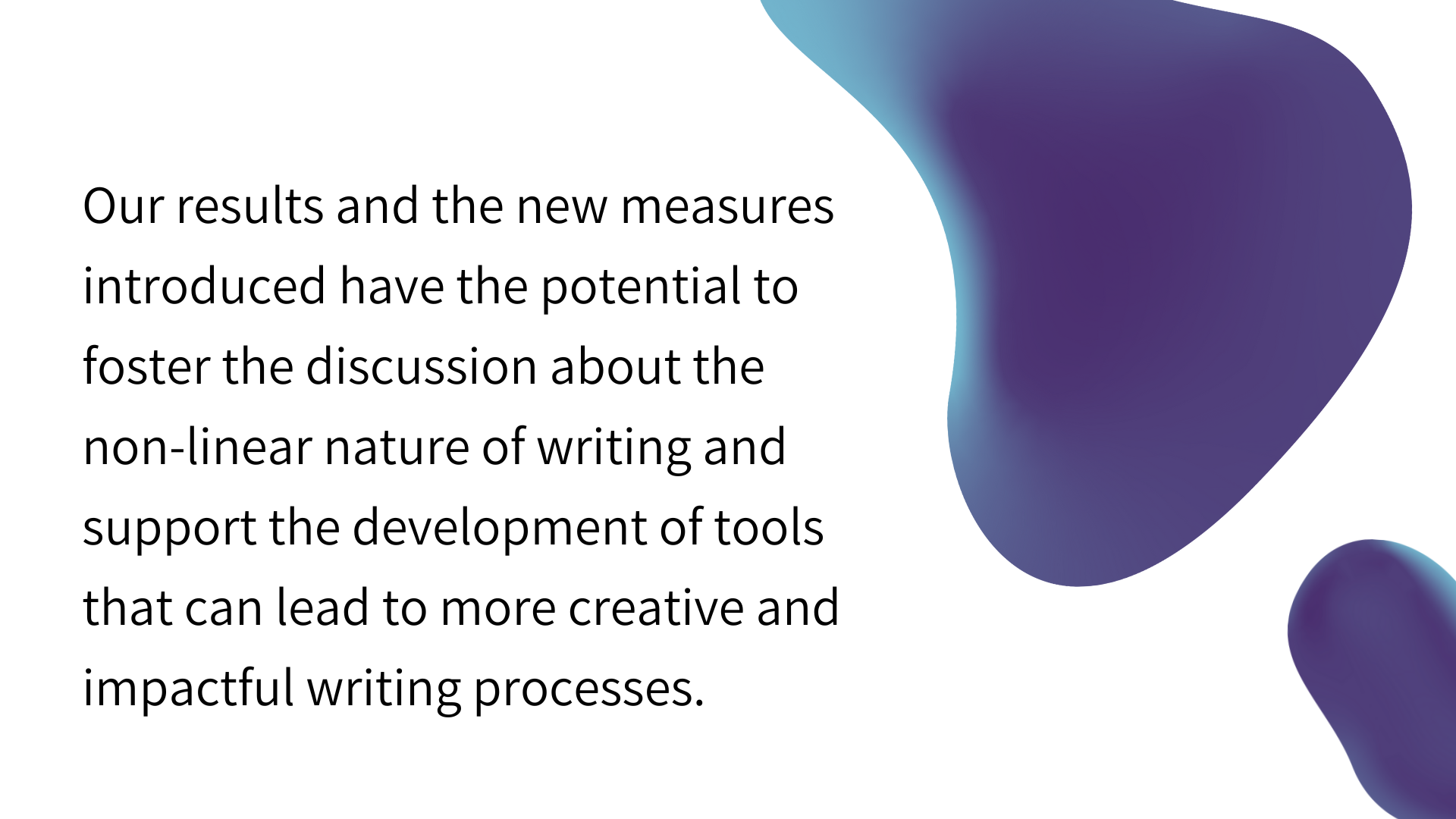
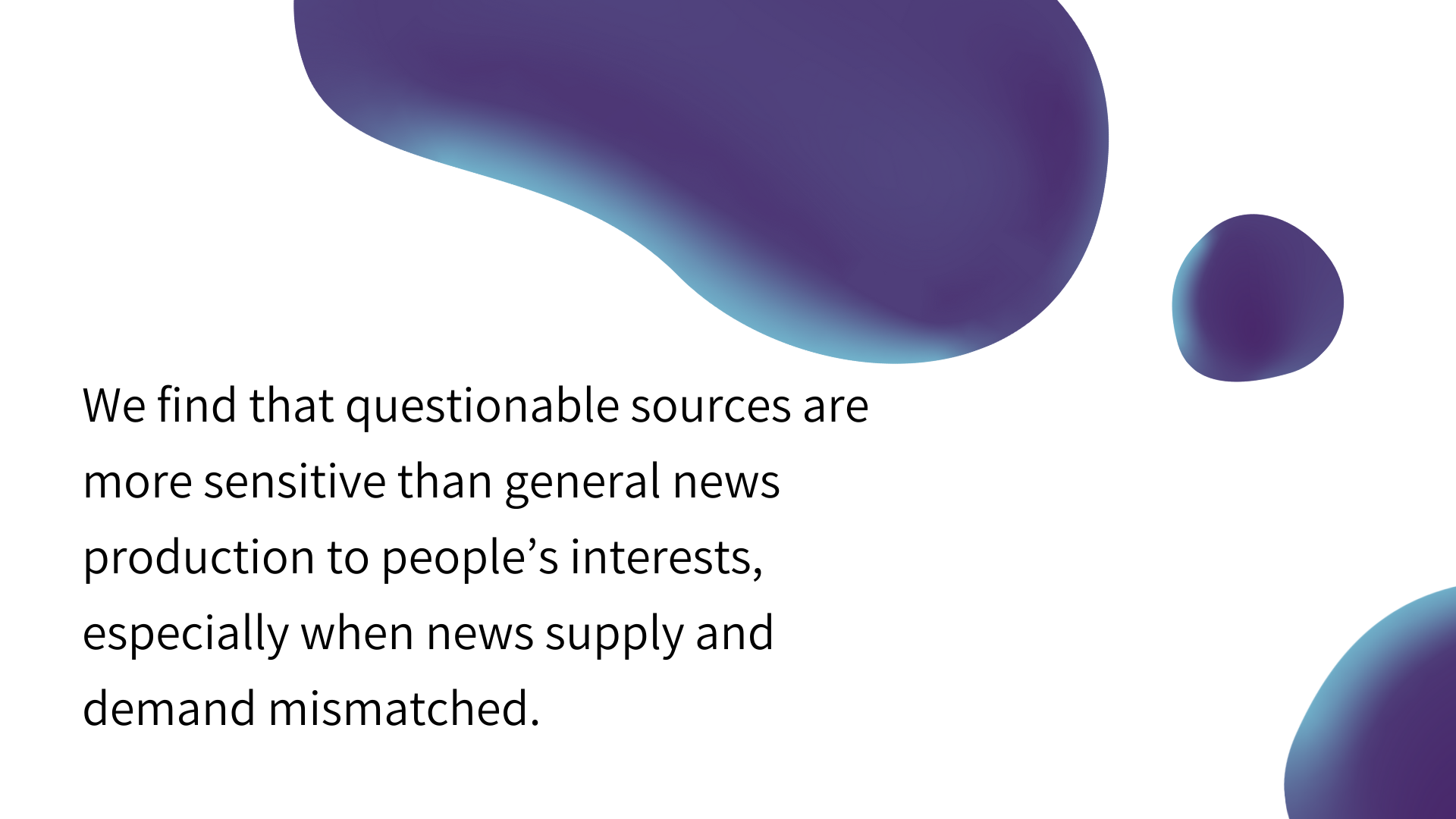
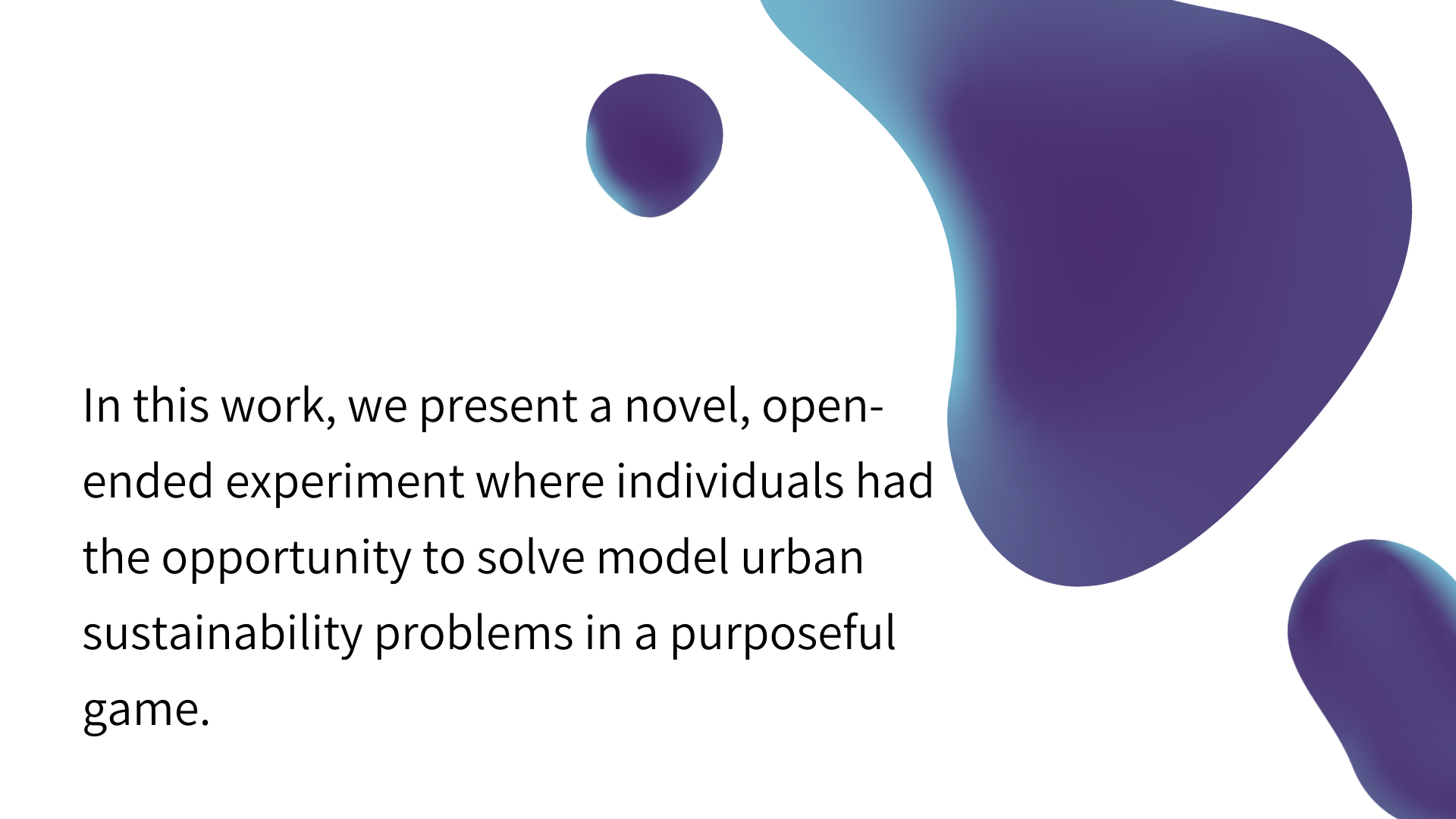
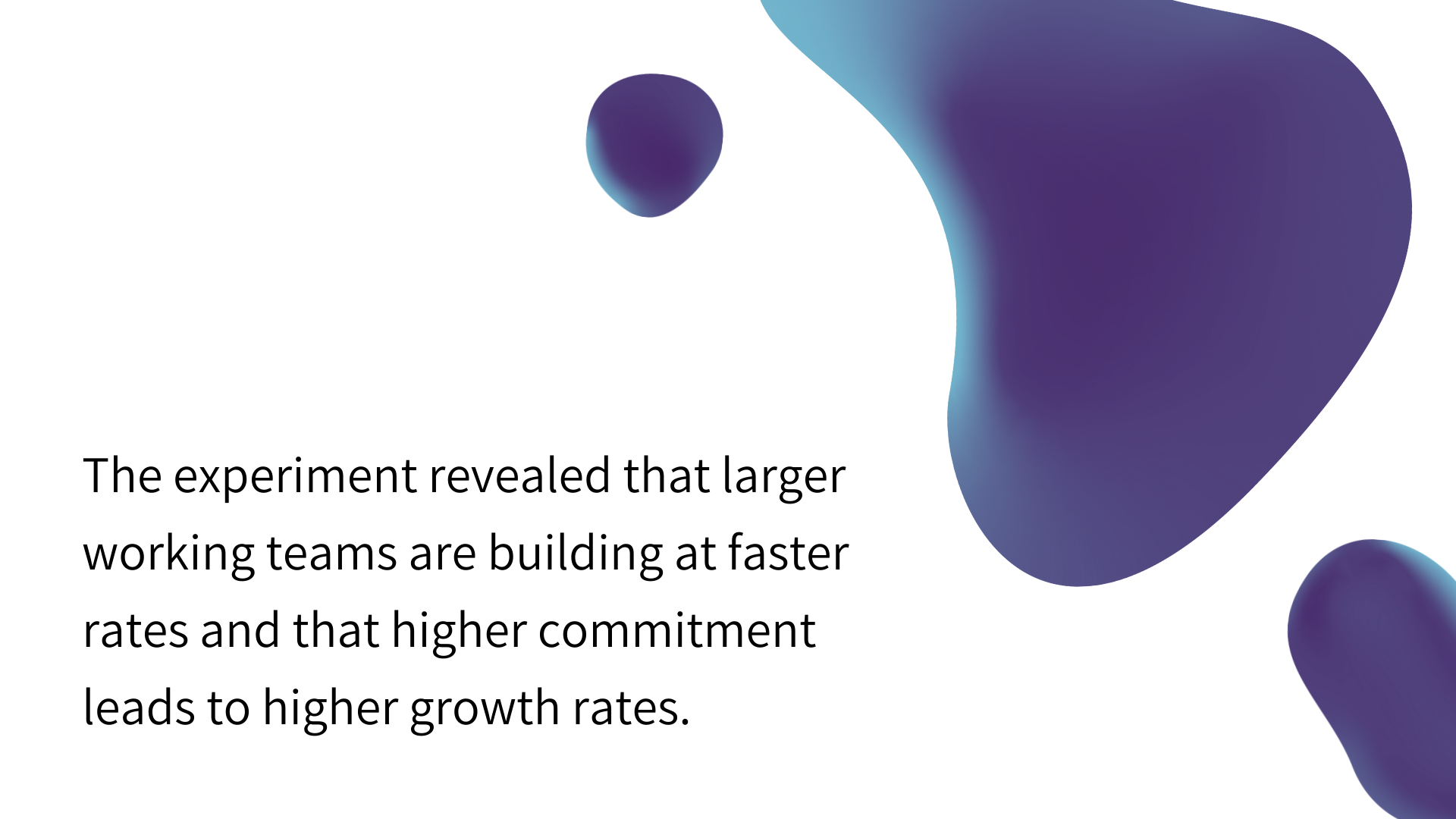
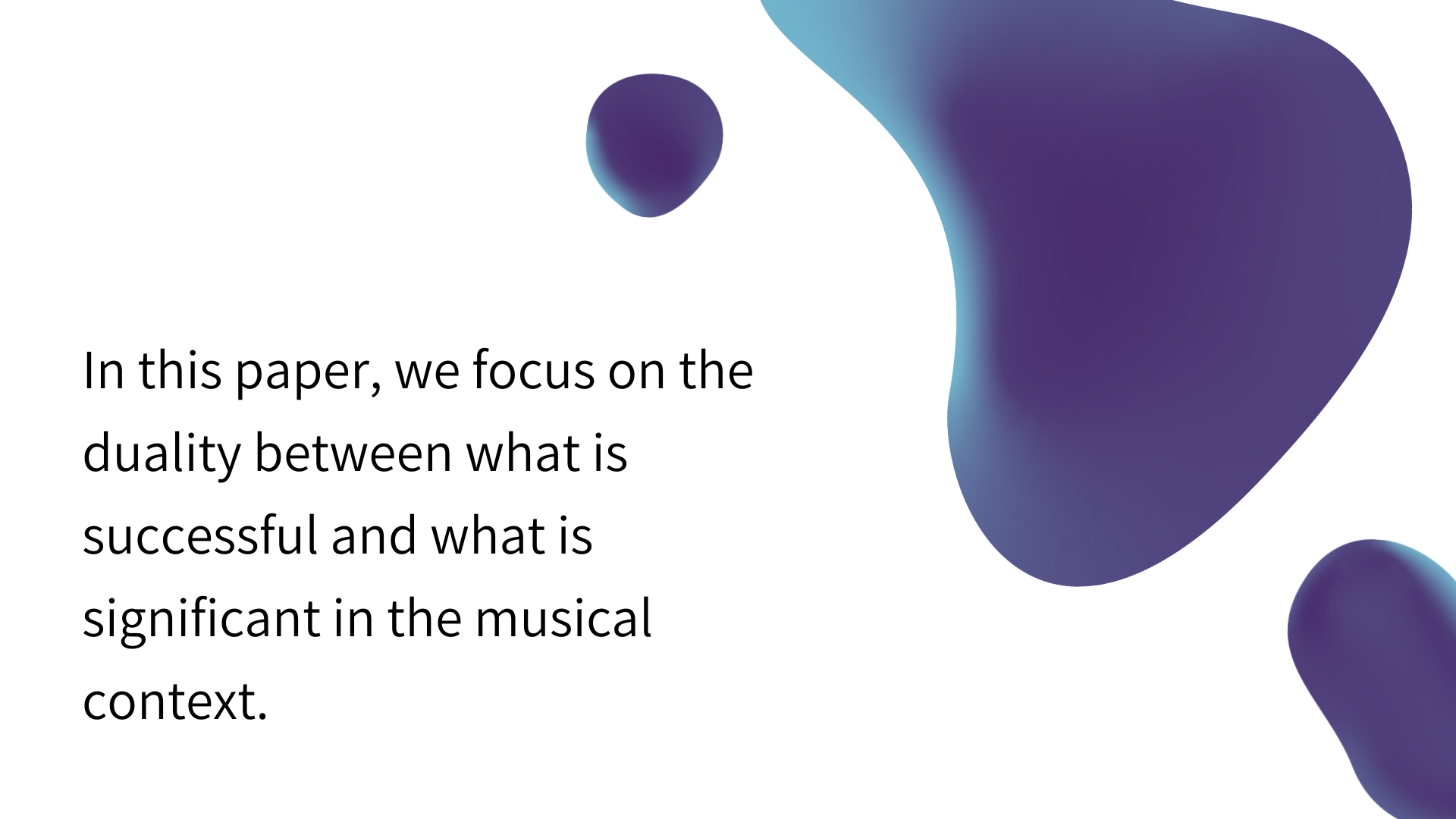
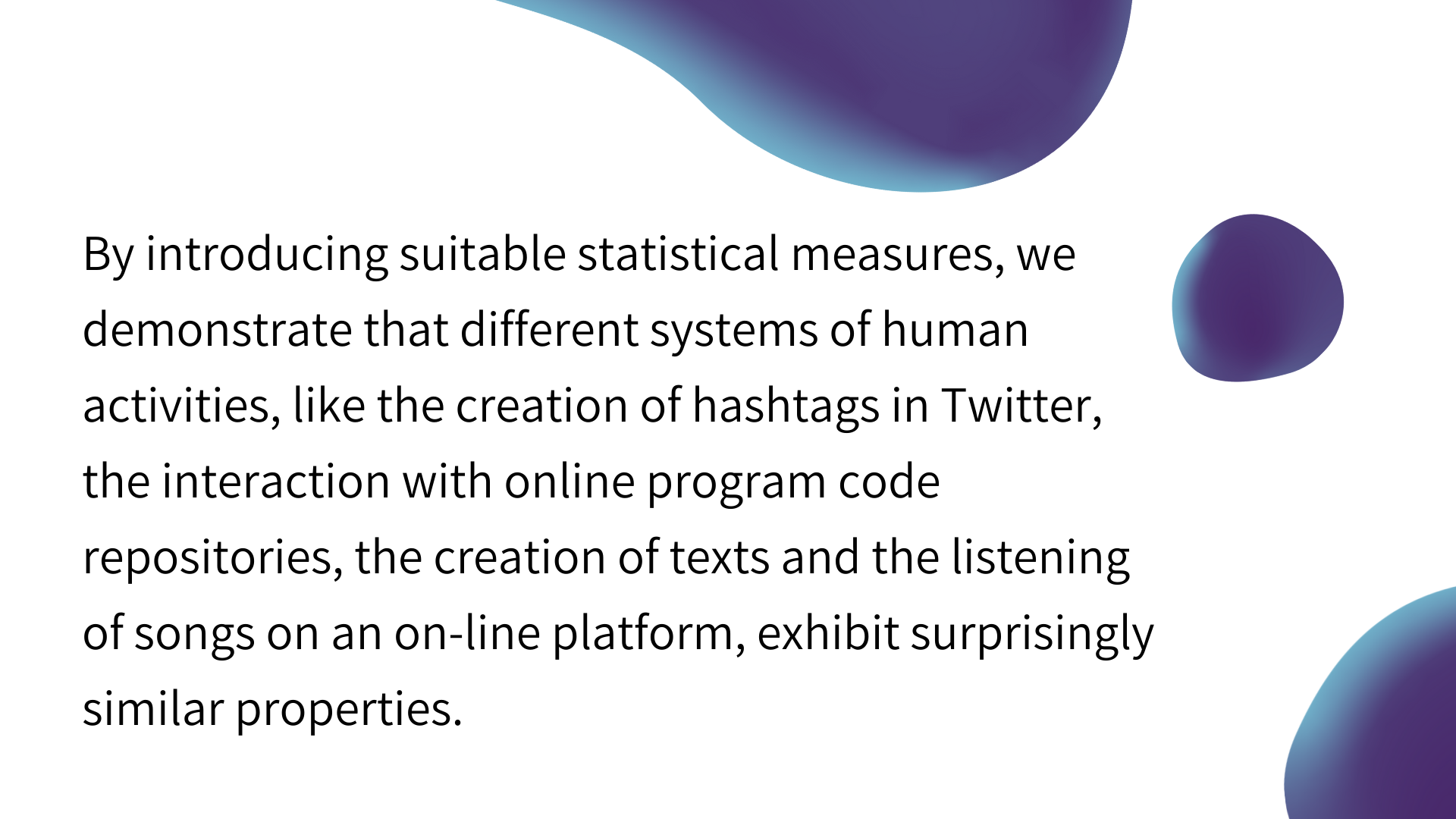
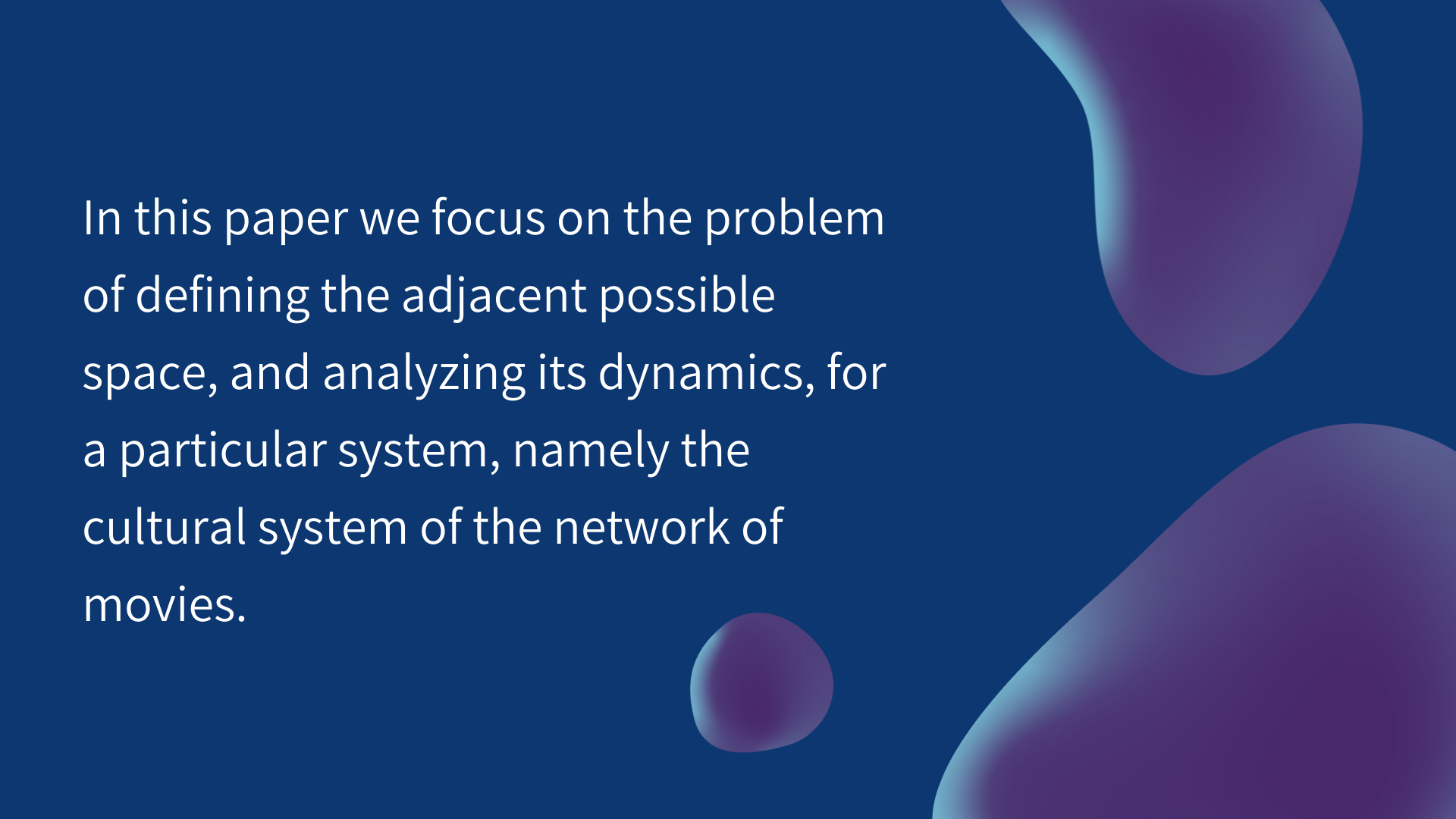
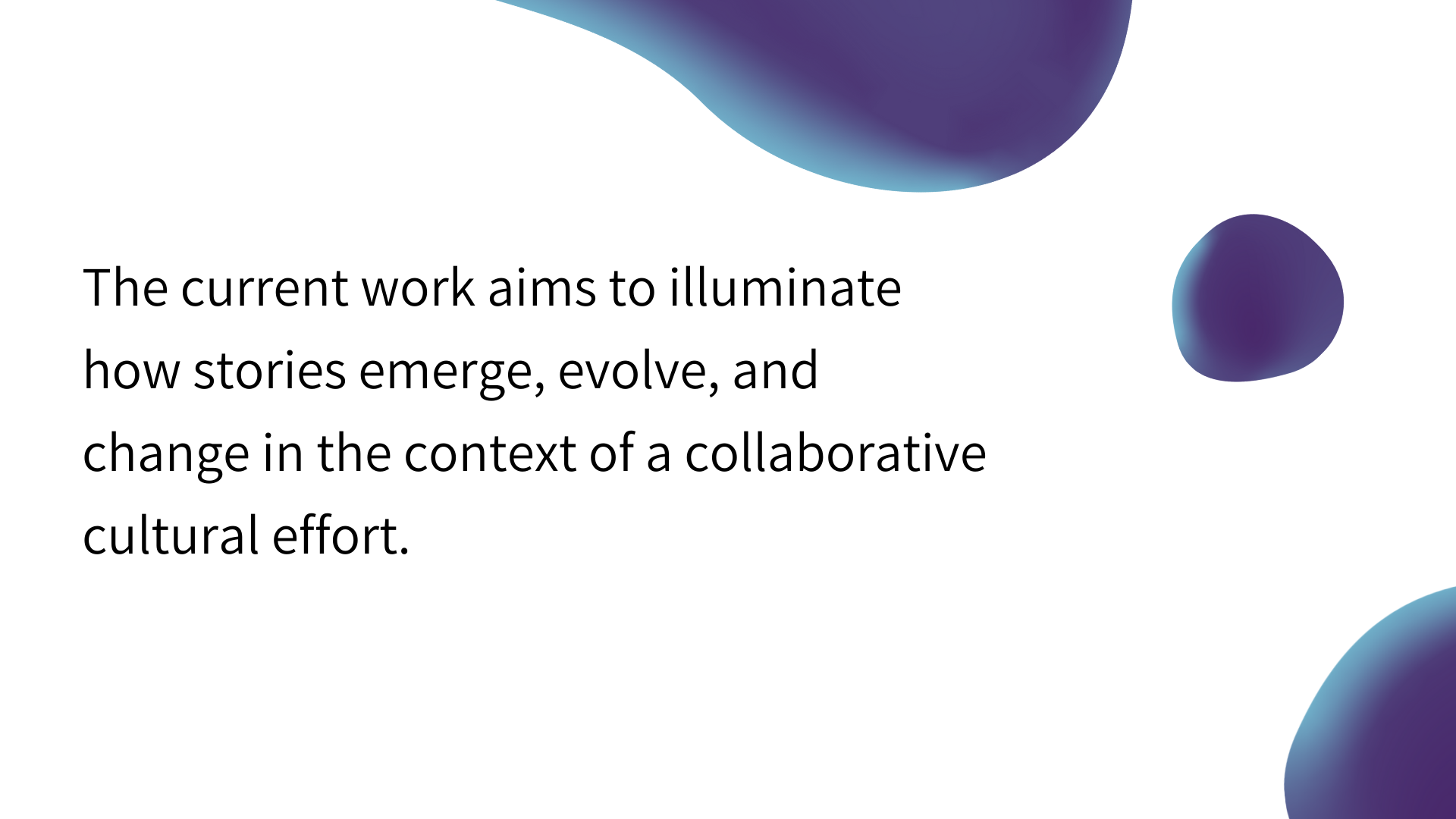
- Infosphere
- Donald Ruggiero Lo Sardo
- /Emanuele Brugnoli
- /Giulio Prevedello
- /Pietro Gravino
- /Vittorio Loreto
- 2024
- Infosphere
- Christine Cuskley
- /Donald Ruggiero Lo Sardo
- /Pietro Gravino
- /Vittorio Loreto
- 2023
- Infosphere
- David Garcia
- /Hannah Metzler
- /Max Pellert
- 2022
- Infosphere
- Giulio Prevedello
- /Martina Galletti
- /Pietro Gravino
- /Vittorio Loreto
- 2022
- Augmented Creativity
- /Infosphere
- /Sustainable Cities
- Bernardo Monechi
- /Enrico Ubaldi
- /Ilan Chabay
- /Pietro Gravino
- /Vittorio Loreto
- 2021
- Infosphere
- Bernardo Monechi
- /Giulia Pullano
- /Vittorio Loreto
- 2019
- Infosphere
- Bernardo Monechi
- /Francesca Tria
- /Pietro Gravino
- /Vito D. P. Servedio
- /Vittorio Loreto
- 2017
- Infosphere
- Alvaro Ruiz-Serrano
- /Bernardo Monechi
- /Francesca Tria
- /Vittorio Loreto
- 2016
- Infosphere
- Bernardo Monechi
- /Francesca Tria
- /Pietro Gravino
- /Vito DP Servedio
- /Vittorio Loreto
- 2016
- Infosphere
- Bernardo Monechi
- /Christine Cuskley
- /Pietro Gravino
- /Vittorio Loreto
- 2016



